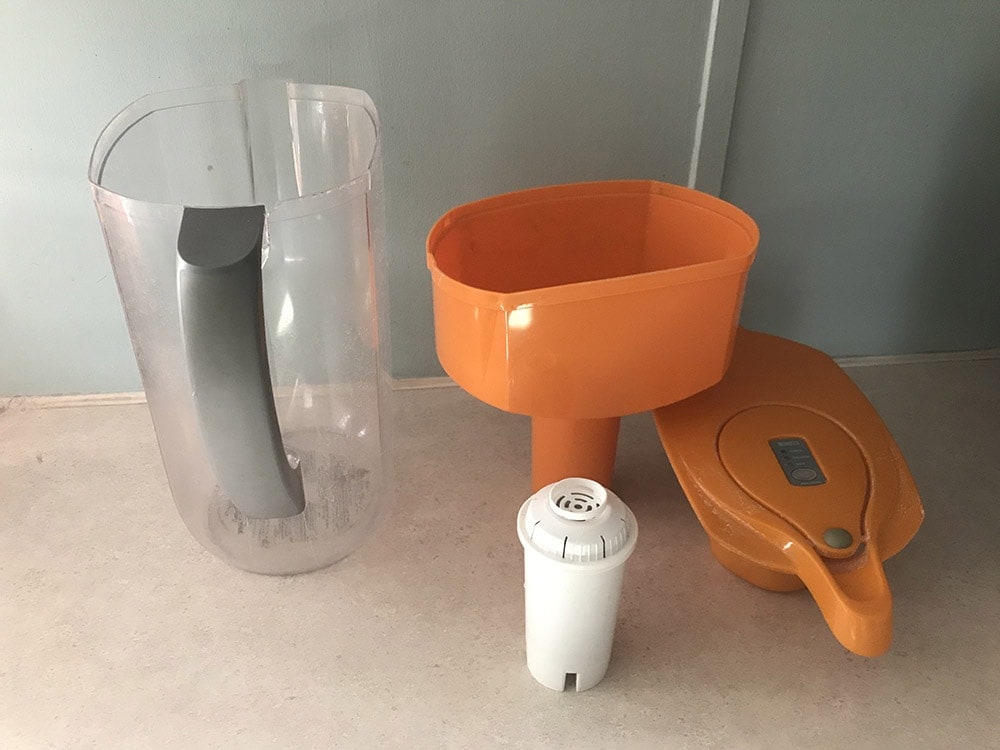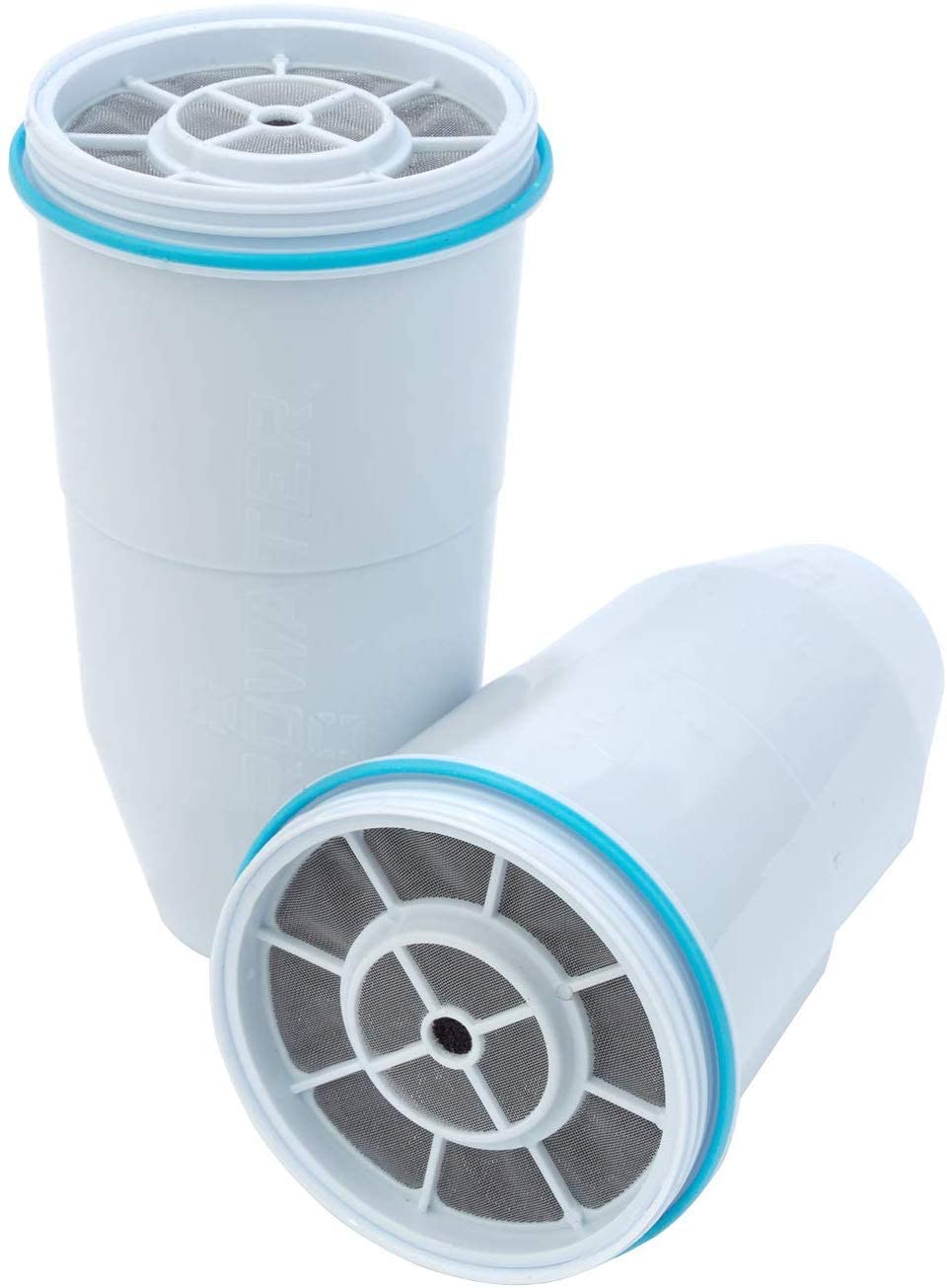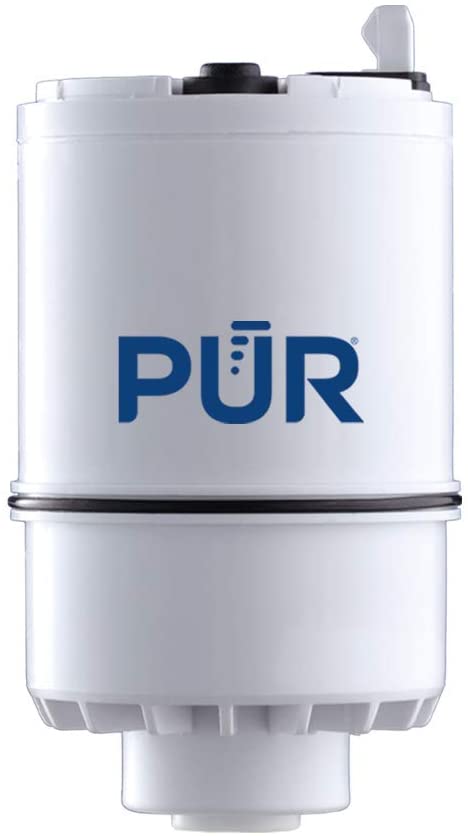How and Where to Recycle Water Filters?
-
Dean Eby
- Last updated:
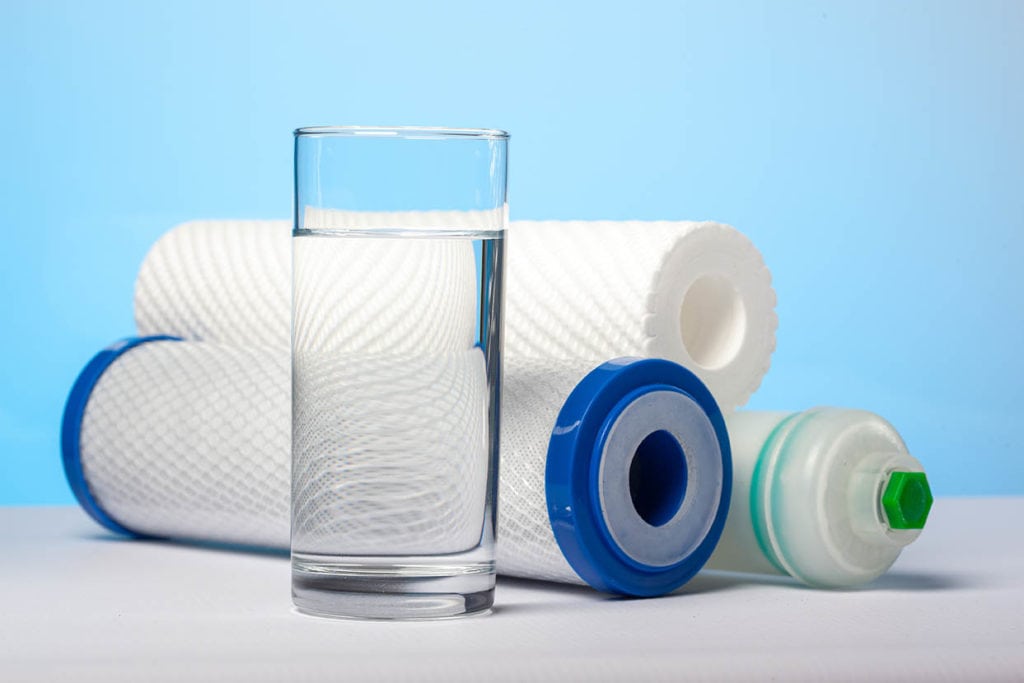
Today, more people are using water filters so they can drink purer, healthier water that tastes better than what comes out of their tap. These filters are convenient and useful, but you have to replace them often, and the old filters start to pile up. For the environmentally conscious, this creates a problem; you don’t want to throw out all that plastic, metal, and whatever else is in those filters.
Recycling them is a much better option than throwing them away to pack the landfill, but it’s not as simple to recycle a water filter as just dropping it into the recycling bin. If you want to recycle your water filters in the safest, most environmentally friendly way, you’ll want to keep reading to learn about the steps you’ll need to take.
What Makes Water Filters Difficult to Recycle?
Today, there are many types of water filtration systems, and most of them use replaceable filter cartridges. If you are using a filter for your drinking water, you are probably going to have filters to recycle.
The problem is that all of these filters are made with different materials. Some are made primarily out of plastic, while others are constructed of metal. And don’t forget about the numerous materials inside the filters that are responsible for the filtration process, including carbon and special filter membranes that can contain arsenic and other potentially harmful substances.
Because of the differences between filters, each one must undergo a unique process to be recycled. So, you can’t just drop off a bunch of different filters at a recycling plant; they won’t be adequately equipped to handle the specifics of those water filters.
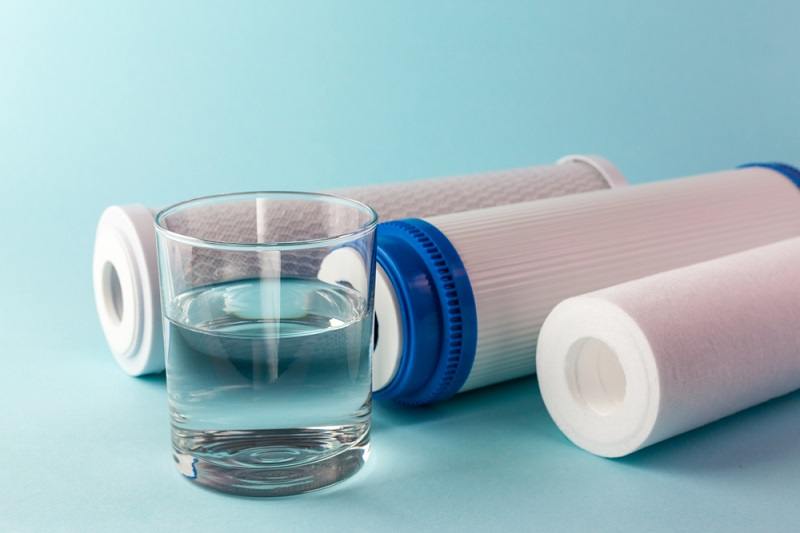
How Can You Recycle a Water Filter?
So, what exactly are you supposed to do with your water filters, then? Some manufacturers offer recycling programs for their water filters. If the manufacturer of your filters has a recycling program, you can send the filters back to the manufacturer, and you might even get some credit for doing so.
Brita Water Filters
Brita water filters are the easiest to recycle, thanks to Brita’s filter recycling program in conjunction with TerraCycle. All you have to do is sign up on the Brita website, let the products dry out, and send them to Brita, with shipping costs covered by the company.
You’ll even earn My Brita reward points, which can be redeemed for coupons, prizes, and more. Unfortunately, you’ll have to save up to five pounds of used filters minimum before recycling, but that shouldn’t take too long!
Zero Water
Zero Water offers an in-house recycling program for its water filters. You won’t need five pounds of filters to send them in, either. You just need to return two full-size filters and fill out this form. When you do, you’ll receive a $20 coupon redeemable on any four-pack of Zero Water filters, saving you a substantial amount on your overall water filtration costs.
PUR Filters
PUR offered a similar recycling program as Brita’s through the same company, TerraCycle, but it doesn’t appear active anymore.
Zero Waste Box
TerraCycle, the same company that teamed up with Brita to help offer their recycling services, provides another way to recycle water filters or filters of any kind. Unfortunately, it’s not an ideal method of recycling. Through the Brita recycling program, you’ll get credit for the filters you recycle, and you won’t have to pay a dime. But with a zero-waste box, you’ll have to purchase the box first, then fill it with your recyclables. Essentially, you’re paying to recycle your water filters, making them more expensive than just their purchase price.
Throw Them Away
While it’s best to recycle your water filters, it’s not always feasible. If you use filters from an off-brand and don’t want to pay for a zero-waste box, you might be out of luck since you can’t just take your filters down to the local recycling plant. If that’s your situation, you might consider simply throwing them away. While it’s not the perfect solution, it might be the only one you have left unless you want to throw your money away on a zero-waste box.
Emptying a Water Filter
You may have seen that sometimes it’s recommended to open up your water filters and dump out the contents. However, that is not a great idea, and we don’t recommend it. There are many contaminants trapped within your filter, and when you dump out the contents, you’re reintroducing them to the environment to contaminate again. Even materials used in the filter’s construction could harm the environment, such as the silver used to make some water filters.
Related Read:
- 10 Best Countertop Water Filters – Reviews & Top Picks
-
Can Plumeria Grow Indoors? Tips, Tricks, and How to Guide
Conclusion
Unfortunately, even though water filters are more popular than ever, there’s no easy and convenient way to recycle them. Hopefully, we’ll have some new ways to dispose of these convenient devices in the future, but your options are limited for now.
If you use Brita water filters, you’re in luck; their recycling program will pay the shipping costs and even give you My Brita points you can later redeem for rewards. Zero Water also rewards customers for recycling through its program, though other filter manufacturers don’t offer such programs.
Still, you can recycle other water filters if you pay for the service. Otherwise, you’ll have to resort to throwing them in the trash. It’s unfortunate, but sometimes, it’s the only option. Just don’t cut the filter open and risk introducing harmful compounds to the environment around your home!
Featured Image Credit: Serhii Moiseiev, Shutterstock
Contents

